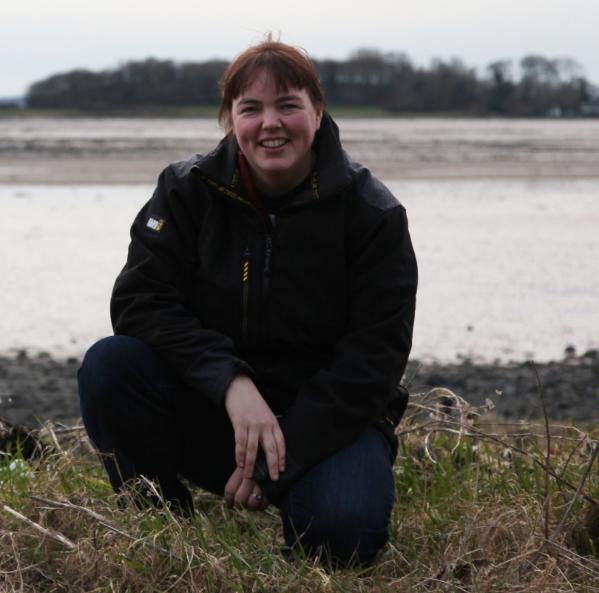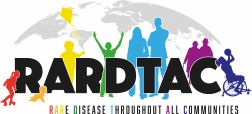New research and proposed workflow for effective rare disease multi-omics research
'Multi-omics' is a relatively new approach being used to help diagnose and understand rare diseases. We're delighted our PhD student, Katie Kerr, has a scoping review and proposed workflow for effective multi-omic rare disease research published

Katie Kerr previously published a research protocol describing a gold-standard approach to evaluate primary research conducted using multi-omic approaches for rare disease.
This review has now been completed and we're delighted that it has been published in the Orphanet Journal of Rare Diseases.
Living with a rare disease is often very challenging. Although individually rare, there are more than 110,000 individuals across Northern Ireland living with a rare disease - that is a lot! There are thousands of rare diseases and one in every seventeen people will be affected at some point in their lives.
A major challenge for many individuals living and working with rare diseases is the often long, complicated process of getting a diagnosis. Many individuals report waiting many years on their diagnosis with multiple false turns, too many tests, and some people never get a name for their rare disease. That situation is very frustrating, often expensive, and needs a better approach.
Across the world, researchers are actively working to find a better approach to diagnosing these rare conditions. In Northern Ireland we formed the NI Genomic Medicine centre led by Dr Shane McKee, Belfast Health and Social Care Trust with major contributions from the Department of Health, all local health Trusts, Queen's University Belfast, Ulster University, and the Northern Ireland Rare Disease Partnership. This enabled a small group of individuals from Northern Ireland living with rare diseases to take part in the 100,000 genomes project, which has led to the creation of a new genomic medicine service in England. Although only a small exploratory study for Northern Ireland, we are applying state-of-the-art ‘multi-omics’ approaches to improve the speed and accuracy of diagnosis for individuals with rare diseases. Moving beyond standard genetic tests provides extra information that increases the opportunity for us to discover the cause of an individual's rare disease.
This scoping review revealed a significant increase in multiomic studies in recent years, with fourteen different 'omic' combinations of studies returned. The main omic analyses performed were genomics, epigenomics, transcriptomics, proteomics, phenomics, and metabolomics. We have summarised results, reviewed 'next stage' options beyond the 100,000 genomes project, and proposed an efficient, cost-effective workflow for multi-omic analyses of rare diseases. This research emphasises the importance and utility of multi-omic rare disease research in terms of helping to provide a diagnosis, to identify prognostic biomarkers, improved phenotyping, and discovery of novel therapeutic options.
Although a fair way down the road before such multiomic testing becomes part of routine care, such research is already advancing diagnoses and personalising treatments for many individuals. If we can use these new tools to find the molecular cause of rare diseases, then we can build on our scientific understanding, help design better therapies, put people in touch with relevant public and professional support networks, and improve relevant communication around rare diseases.
We are keen that everyone has access to our rare disease research so there are no charges associated with reading the full research publication.
The full manuscript is available to read here...https://ojrd.biomedcentral.com/articles/10.1186/s13023-020-01376-x
Kerr, K., McAneney, H., Smyth, L.J., Bailie C, McKee S, McKnight AJ. A scoping review and proposed workflow for multi-omic rare disease research. Orphanet J Rare Dis 15, 107 (2020).
https://doi.org/10.1186/s13023-020-01376-x
Katie Kerr is funded by a CAST PhD studentship by the Department for the Economy and Belfast Health and Social Care Trust as part of the NI Genomic Medicine Centre project, which is funded by the Department of Health NI and the Medical Research Council. Caitlin Bailie is supported by a PhD studentship from the Department for the Economy. Laura Smyth is the recipient of a Northern Ireland Kidney Research Fund Fellowship.

Media
For more information, please do get in touch via with our rare disease team by email

